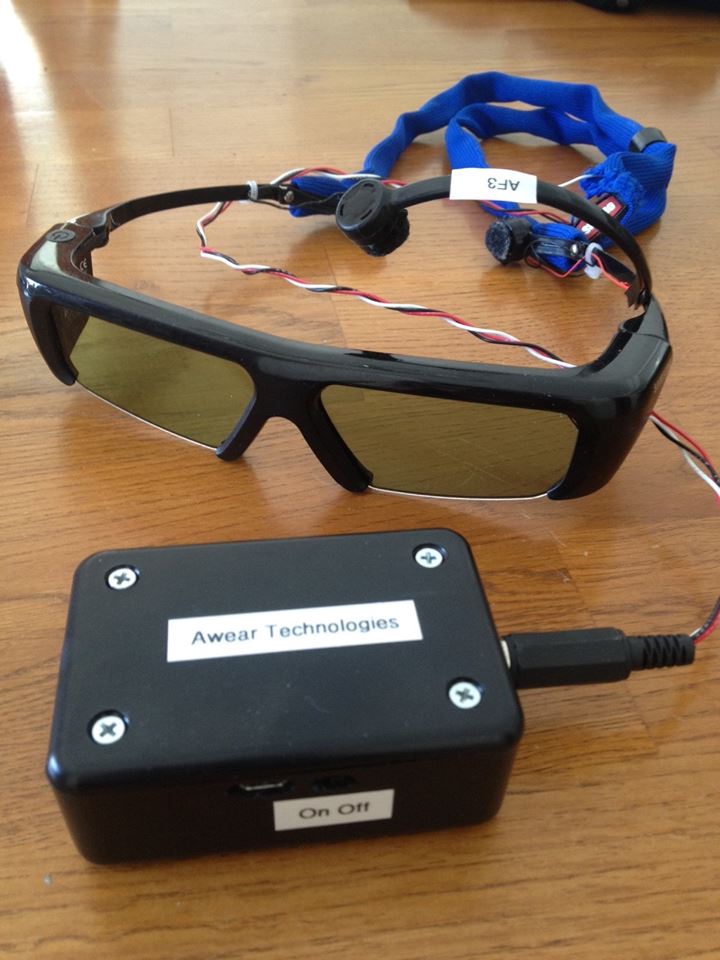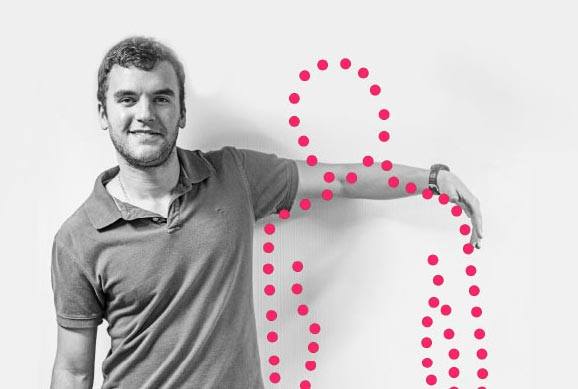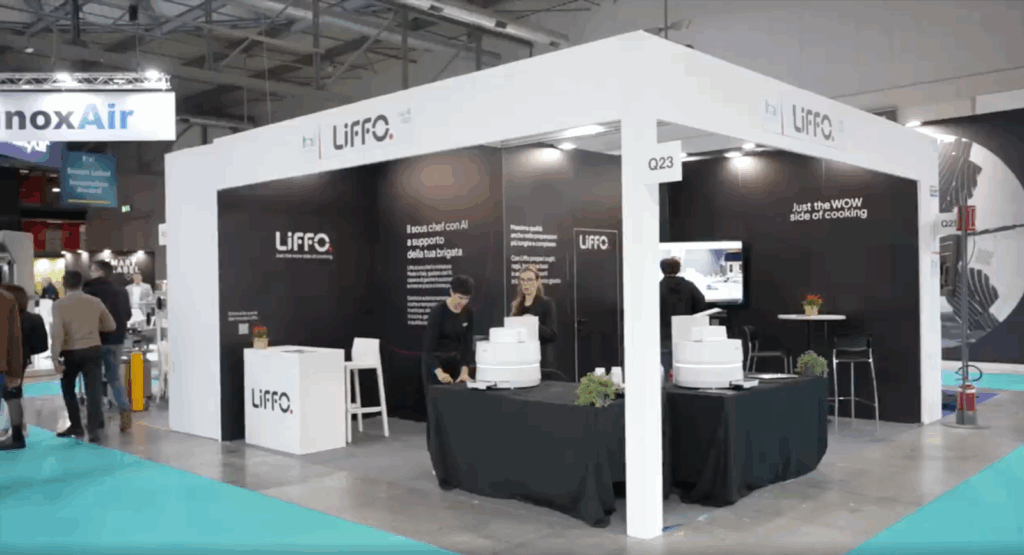Founder of Awear technologies Rod Greder says 10 million students and 60% of adults are struggling with attention difficulties. He and his team have created glasses that help combat these issues without resorting to drugs. The ConfiBoost trainer, a wearable tech headset on the same lines of Google glasses, includes sensors that sit on the forehead, detecting patterns and electrical activity in the brain and providing neuro-feedback. This feedback knows when the mind wanders and alerts the headset, which subsequently darkens the glasses to get the attention of the user. Greder claims that repeated use of the device could strengthen the neural pathways that control attention, so it doesn’t just treat the symptoms, it also works to counteract the causes behind them. “Our feedback solution is safe and non-invasive,” Greder told Minnesota startup site Tech.mn. “Once you change the neural connections, the child learns how to pay attention in low-stimulus environments, and that capability becomes a habit. They can pay attention, control their hyperactivity and better control their impulses whether on medication or not.” Minnesota startup magazine Twin Cities reported that Greder has spent over a decade teaching young adults and therefore is very aware of the challenges faced when working with students who have trouble concentrating. Rather than using sustained high-stimulus learning strategies, such as videos and games, he hopes to help students function even when the environment is low-stimulus, allowing them to integrate better into school and work. In an interview with Twin Cities, Greder said he hoped to sell directly to schools and learning companies to ensure that they are used effectively. He quoted a price of $1,500 per device, which could be used by up to 10 students during a single week. “Focusing on the brain from the inside out is an enormous multiplier,” he said. “[It] improves learning outcomes, makes education more efficient and cost-effective and creates young adults who can succeed in class, at work and in life.” The company has projects with the National Institute of Mental Health and the National Science Foundation, and has been recognised with various awards such as the 2014 Intel Wearable Visionary Finalist, the 2014 Tekne winner and MNCup finalist, among others. ADHD and other attention disorders have been rising dramatically in the last couple of decades. The British Psychological Society states that there has been a 60% rise in the amount of ADHD drugs being prescribed between 2007 and 2012, and there has been a 92-fold rise in the amount of drugs prescribed to children under six between 1992 and 2001. The Child Mind Institute explains that these drugs have numerous and quite common side effects, which can include sleep problems, a decreased appetite, delayed growth (though this occurs only in boys), tics, and mood swings and irritability, especially when the medication wears off. Additionally, Greder states on his website that for up to 30% of people the drugs have no positive effect on the symptoms of attention disorders. The US national resource on ADHD, Chadd, wrote a comprehensive review of 19 research studies that reported that the cost of ADHD in the US for both children and adults ranged between $142 billion to $266 billion every year. Adults lose most money in reduced productivity at work or loss of employment, whereas for children the money goes into education and special resources. The Office of Special Education Programs in the US Department of Education was quoted on Awear’s website giving their approval for a wearable device that wouldn’t require expensive resources such as drugs or one-to-one classes for children with special needs. “It costs 60% more to educate a student with a learning disability,” they were quoted as saying. “At a time when funding of public education is being squeezed, we urgently need to address this cost. Affordable solutions exist to help these children close the achievement gap and correct root problems.” As the amount of people with attention disorders grows, there are more startups who are hoping to help children and adults who are facing reduced productivity. Colorado-based startup Goally has created a clock that helps children with attention disorders, autism and down syndrome create and manage a daily routine themselves, without having to constantly rely on adult help. Goally told Built in Colorado how much ADHD can affect children, and how the current medications aren’t up to scratch. “If you’re a child with ADHD in America today and you don’t get any treatment, you have a five percent chance of graduating from college,” Daragh Brangan, co-founder and CMO of Goally told the tech site. “Medications are out there, but they don’t actually help a child develop executive functioning skills in the long term. They just mask the symptoms.” Teaching and integrating people with special needs is a challenge for all societies and governments, and it’s great to see startups out there who are trying to fix the problem at the root without having medication as the first, and often only, resort.
ADHD students could be taught to concentrate with new wearable device
By Techli
4 mayo, 2018









